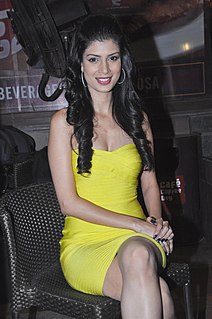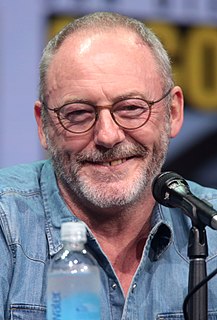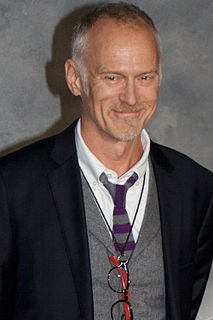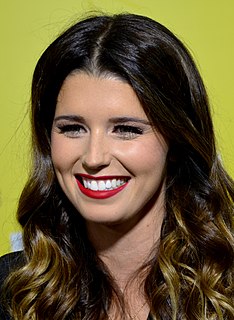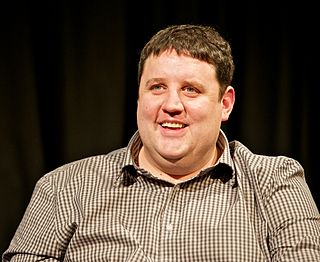A Quote by Justin Simien
I took an internship at Focus Features while I was in film school. I was really interested in how specialty movies were marketed and found their audience despite being about topics that were outside of the mainstream.
Related Quotes
I was walking home from school when I was about 17 with two friends, and they took a left into an electrical shop. While we were chatting away, they grabbed a couple of forms and I was handed one. My mum found it and made me fill it in. I got called for an interview, and that's how I ended up being an electrician for 11 years.
I know I certainly wouldn't be writing books if it hadn't been for the feminist blogosphere, and I think that's a really amazing thing. And just the sheer power of outreach I think is incredible. It used to be that if someone was to get involved in feminism, it was probably because they were already interested. They were already interested in feminism; they were already interested in being an activist, and they found their way to like a NOW meeting or to a consciousness-raising group or something like that.
It used to be that if someone was to get involved in feminism, it was probably because they were already interested. They were already interested in feminism; they were already interested in being an activist, and they found their way to like a NOW meeting or to a consciousness-raising group or something like that.
I was really interested in the ritual of fire dancing. I saw it when I was a kid. My parents took me to the Black Sea, it was like a tourist attraction. I think it would be hard to find a Bulgarian who is not familiar with the image. I started reading about it, and I found out there are only two villages in Bulgaria were they still do it properly, where it's not for tourists, and they were both in the Strandja Mountains.
Me and my friends in high school were the only girls who went to hardcore shows. It was three of us, and the rest of the audience was male. We didn't really think about it. We weren't thinking we were alienated or whatever, but eventually, as there started to be violence in the scene we were in during high school, we started to be turned off by the violence.
I really did feel like I was surrounded by family members. I didn't have a dad, and I remember there were all these guys - in the old days, there were no women, except a makeup artist or, occasionally, a script supervisor. So there were just guys who taught me how to, you know, whittle wood, or how to pull focus, and what the camera was doing. And if I was being bratty, they'd sit me down and tell me. There were lots of rules about not being late and making sure that you didn't spill anything. So it felt a little bit like I was in a family.

